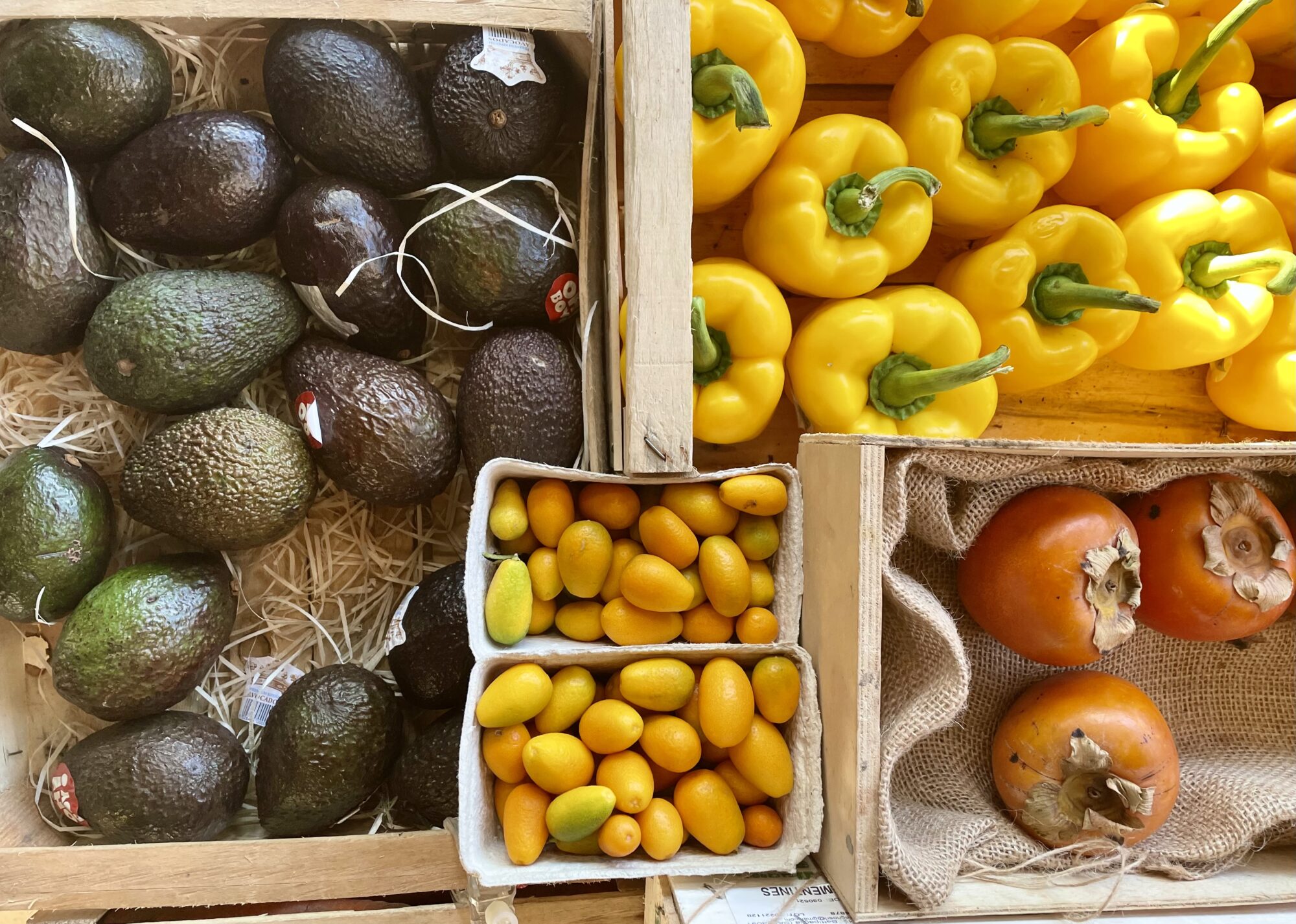Now we’re not going to talk to you about whether or not you should eat a roast mid run, we’re looking at how you can keep going on a long run by making sure your energy stores are topped up.
Where to get your energy
Where you get your energy from will depend on the intensity of exercise you are doing as the circulation in your body changes between low and high intensity exercise.
This is because fats have to jump through more hoops to be converted into energy, whereas carbs can be converted into energy pretty quickly.
If you are doing a low intensity exercise such as going for a walk – your body will mostly use your fat stores as energy and only a small amount of carbs as the energy isn’t needed immediately.
You can probably guess where this is going, but when you’re doing a high intensity exercise your body will use less fats and more carbs because it’s running out of energy quicker so needs the immediate energy faster.
Now we’ve previously talked about how much we don’t want to need a large loo break during a run. Another way to help this is by NOT combining energy gels with carb-heavy energy drinks. If you don’t keep to this rule, the next checkpoint will be a very distracting need for a toilet! Both sources of carbs can be too much for your body to digest so we suggest to either keep to the carb drinks or the gels and wash them down with water.
How often to refuel during a run
We need between 30 to 60g of carbs for each hour we run over 45 minutes. Therefore be sure to stock up on your supplements. This can be through gels or carb heavy energy drinks – both options are great in giving your body the energy quickly.
For those endurance athletes, it is advised that you uptake as many carbs as possible.
Until recently scientists believed that our bodies were only capable of using 60g of carb per hour. However, they have found that if you combine glucose (carbs) with fructose (typically found in fruits), your body can use more than 60g of carbs per hour.
One thing to watch out for is that not having enough carbs can have a negative effect on your overall performance by damaging the muscle, so make sure your body keeps topped up with the carbs during your run if running over 45 minutes!
Due to the amount of energy you are consuming when you run, it is suggested to refuel every 15 to 30 minutes, this could be at refuel stations at an event or something you carry in a running belt or vest.
Drinking water during a run
Another crucial item you will need in the running vest is a water bladder or water bottles! Drinking water is absolutely essential during longer runs!
As you know; when you run, you sweat. Therefore, you need to replenish the liquids lost through sweating by drinking water.
A paper by Shirreffs & Sawka in 2011 discusses how fluids help maintain the muscle function and help in the process of maintaining the right body temperature. The study also touches on the fact that the more dehydrated you are, the more glycogen your body uses which can then make you tired more quickly.
What to eat after a run
Firstly, congratulations on completing your run! You’re going to be tired as you’ve used up a lot of your energy stores. To replenish your energy after the run and help with the recover process you should aim to eat food that is high in fibre and protein.
Protein in particular helps repair your muscles after your run so you’re ready to go again, maybe even quicker.
The other thing you should be thinking about after a run is water.
Water water water!
You need to re-hydrate your body after losing its water through sweating. There was an interesting study by Backes and Fitgerald in Sep 2016 where they show that those who voluntarily drink water during their 1 hour run performed better than those who were told to drink 250ml every 15 minutes.
Just goes to show how important it is to listen to your body!




